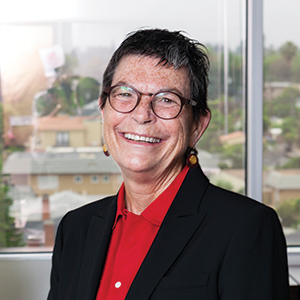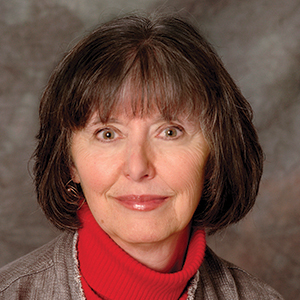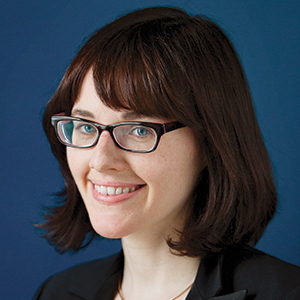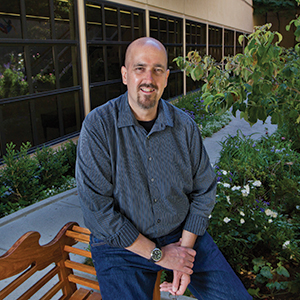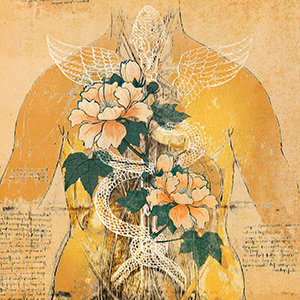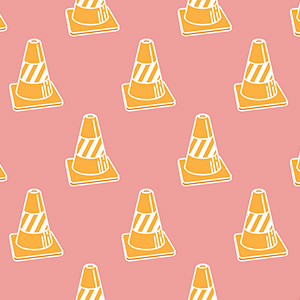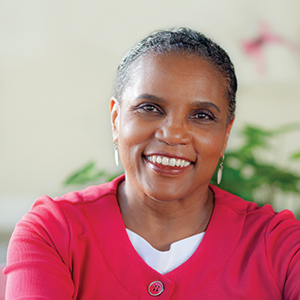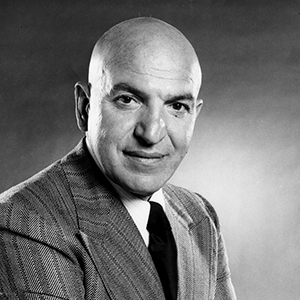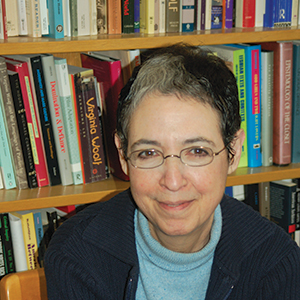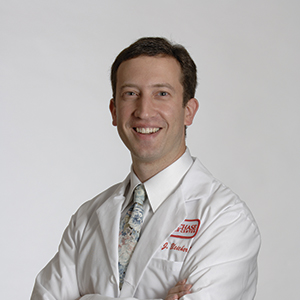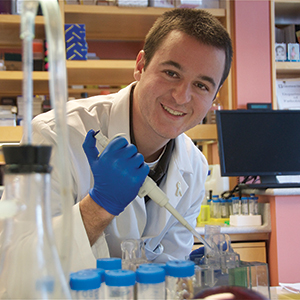Summer 2013 Vol. 03 Issue 02
-
Editor's Letter
Making PlansA cancer diagnosis can quickly change your “other plans.”
by Kevin McLaughlin
-
Forward Look
When the Cancer Doctor Gets Cancer | Fueling the Pediatric Cancer Pipeline | It Takes a Village | Identifying the Unexpected Risks of Targeted Therapy | Get Smart About Smartphone Cancer Apps | Paying a Steep Price | This Way to the Quit Line | Getting Back on Track | Rally for Medical Research
-
Your Cancer Guide
Friendships Lost and FoundSome cherished bonds break in the face of a cancer diagnosis, while other relationships can become wellsprings of comfort and support.
by Hester Hill Schnipper
-
Caregiving With Confidence
Managing Milestones After a LossNavigating difficult anniversaries is part of the grieving process.
by Michelle Johnston-Fleece
-
The Power of One
A cancer survivor reflects on the stranger who gave him a second chance at life.
by Robert Henslin
-
Reimagine Your Body
Help is available for cancer patients worried about how they look during and after treatment.
by Melissa Weber
-
When Less Is More
Studies are finding that aggressive treatment, such as extensive surgery, radiation or chemotherapy, is not always necessary for cancer patients to get good results.
by Alexandra Goho
-
No Through Road
Cancer cells are able to find new pathways around targeted therapies. Scientists are racing to get there first.
by Sue Rochman
-
Survivor Profile
Standing StrongDrawing on strength from her ancestors and lessons from the 1960s, cancer survivor Vernal Branch works to make a difference for the next generation.
by Regina Nuzzo
-
Yesterday & Today
Who Loves Ya, Baby?Telly Savalas met his match in bladder cancer. Earlier diagnosis and more aggressive treatment might have made a difference.
by Jocelyn Selim
-
Q&A
Writing Through ItIn a new book and on her New York Times blog, author Susan Gubar chronicles her experiences living with metastatic cancer.
by Marci A. Landsmann
-
Sound Advice
Your Questions, Our AnswersOn asking for a second opinion, job seeking with a cancer history, and whether stress can cause a cancer recurrence.
-
Get Involved
Providing More Than a MealAfter her son finished cancer treatment, Angela Farley started an organization to deliver meals to people facing serious illness.
by Marci A. Landsmann
-
In the Moment- Summer 2013
Matt Hiznay, Diane Fowler, Roxann Merino.
Adding chemotherapy to targeted therapy improves outcomes for people with advanced EGFR-positive non-small cell lung cancer.
by Sandra Gordon
Lessons From 20 Years Living With CancerMultiple myeloma survivor Jonathan Gluck reflects on uncertainty, and the scientific progress that has kept him living with cancer for more than two decades.
by Eric Fitzsimmons
The Enduring Importance of Cancer Disparities ResearchOpening session from AACR conference highlights how perseverance and adversity have informed cancer disparities research over the years.
by Eric Fitzsimmons
Most Cancer Survivors Don’t Meet Healthy Diet GoalsDespite research linking fruits and vegetables to cancer survival, many people do not change their eating habits after diagnosis.
by Darlene Dobkowski




